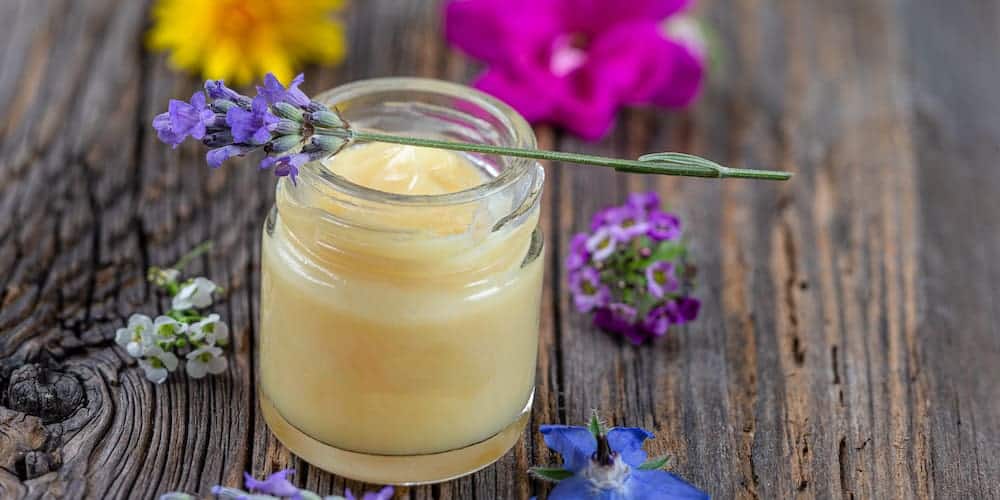A hive product used as a dietary supplement
The royal jelly is a hive product with a milky, whitish appearance produced by worker bees. Originally, it is the queen’s exclusive food throughout her life.
Its nutrients give it exceptional longevity compared to other bees, as well as greater fertility.
The nutrients in royal jelly have made it a common dietary supplement. It contains, in particular, proteins, lipids including 10-HDA acid, and many B-group vitamins.
Also read | Advice from a pharmacist on how to choose your royal jelly
These supplements, when taken as a course, are reputed to help with:
- fight fatigue and stress,
- fight the effects of aging,
- relieve symptoms related to menopause or painful periods.
- have a positive effect on the immune system and the cardiovascular system.
However, in 2012 European authorities banned a number of health claims due to a lack of scientific evidence.
Royal jelly can be consumed fresh, or in the form of capsules, tablets, or vials.
However, don’t expect to savor royal jelly like honey! While the latter is delicious, royal jelly does not have the same flavor qualities.

What are its side effects?
For external use
Although some benefits are recognized, royal jelly is not free of side effects, even if they remain rare!
When used topically, royal jelly may cause or worsen skin inflammation (dermatitis).
For internal use
Similarly, it was reported in a study that royal jelly may lower blood pressure and increase the risk of hypotension, particularly if you are taking antihypertensive medication.
However, the study was conducted in rats, so the reliability of the conclusion can be questioned.
Precautions for use
Even if the risk of overdose seems unlikely, follow the dosages indicated by the manufacturer, as well as the recommended duration of the treatment.
Prefer taking it on an empty stomach, in the morning before breakfast, and store your supplement in a cool, dry place (2-5 °C), avoiding exposure to sunlight.
In any case, don’t rush to use your jar of royal jelly or vials right away. Start with small doses to see if you develop signs of an allergy.
Vous avez de l’eczéma, le nez qui coule, les yeux qui piquent, et des démangeaisons ? Arrêtez la cure dans l’immédiat. Ne la reprenez que si vous avez la certitude que la gelée royale n’est pas la grande coupable.

Royal jelly and its contraindications
Allergy to honey or pollen
Consumption of royal jelly is contraindicated if you have a honey allergy, a pollen allergy, but also allergies to bee stings and plants of the Asteraceae family, such as the daisy or dandelion.
It is also not recommended to take royal jelly if you suffer from asthma or atopic eczema.
Pregnant or breastfeeding women
There is no evidence that it is contraindicated to consume royal jelly for pregnant and breastfeeding women.
However, few scientific studies have been conducted on this population. For this reason, pregnant women should exercise caution when using this dietary supplement.
Link between royal jelly and cancer
According to several studies, royal jelly may reduce the adverse effects associated with chemotherapy.
Thanks to the properties of the 10-HDA acid it contains, it is sometimes recommended by naturopaths to people with certain cancers, as well as for prevention.
However, it is controversial regarding hormone-dependent cancers. Indeed, 10-HDA acid has an estrogenic effect, which could potentially interfere with this type of cancer.
Although this is not officially contraindicated, it is not recommended to consume royal jelly in the case of breast, uterine, prostate, ovarian, or any other hormone-dependent cancer.



